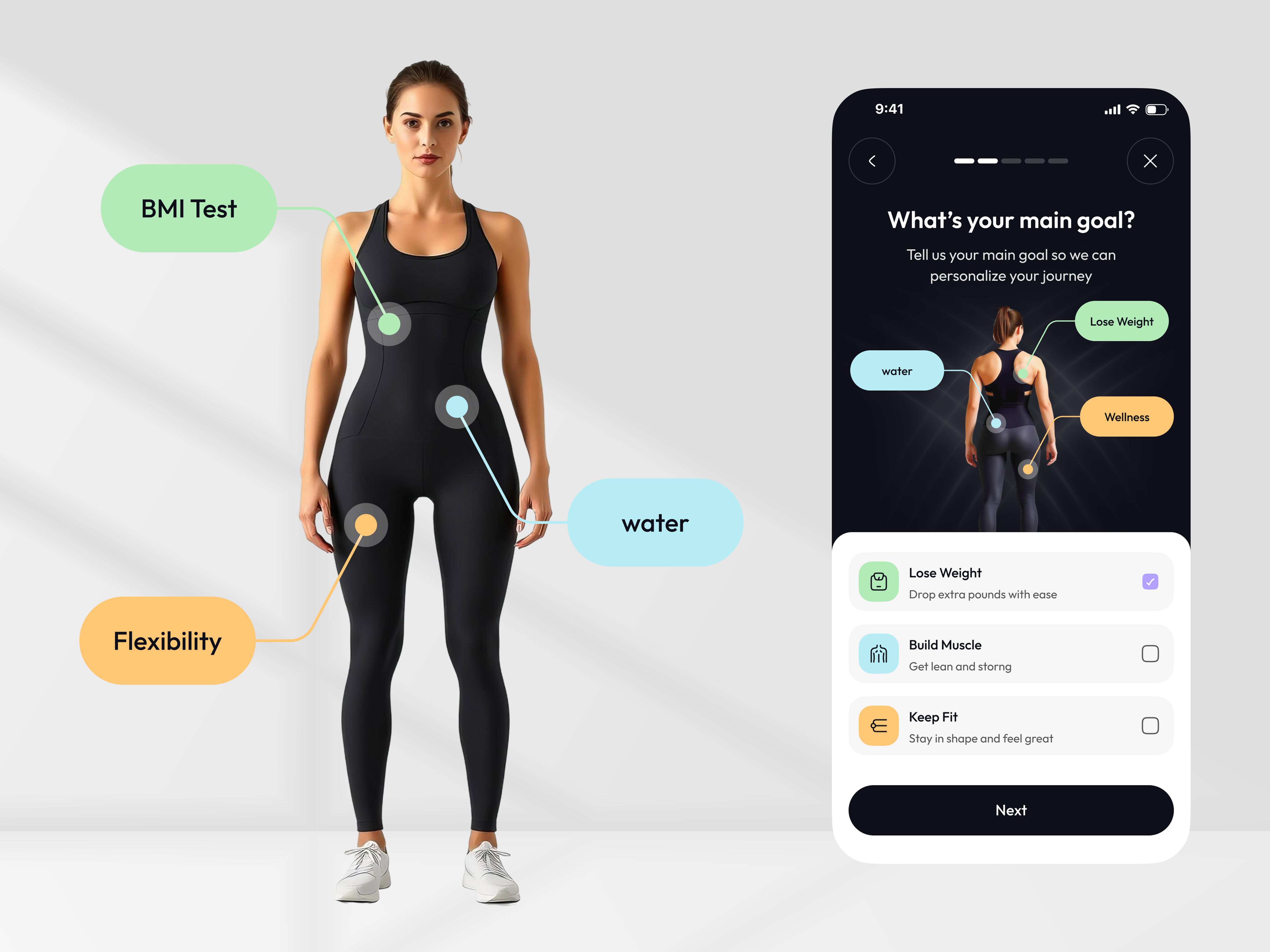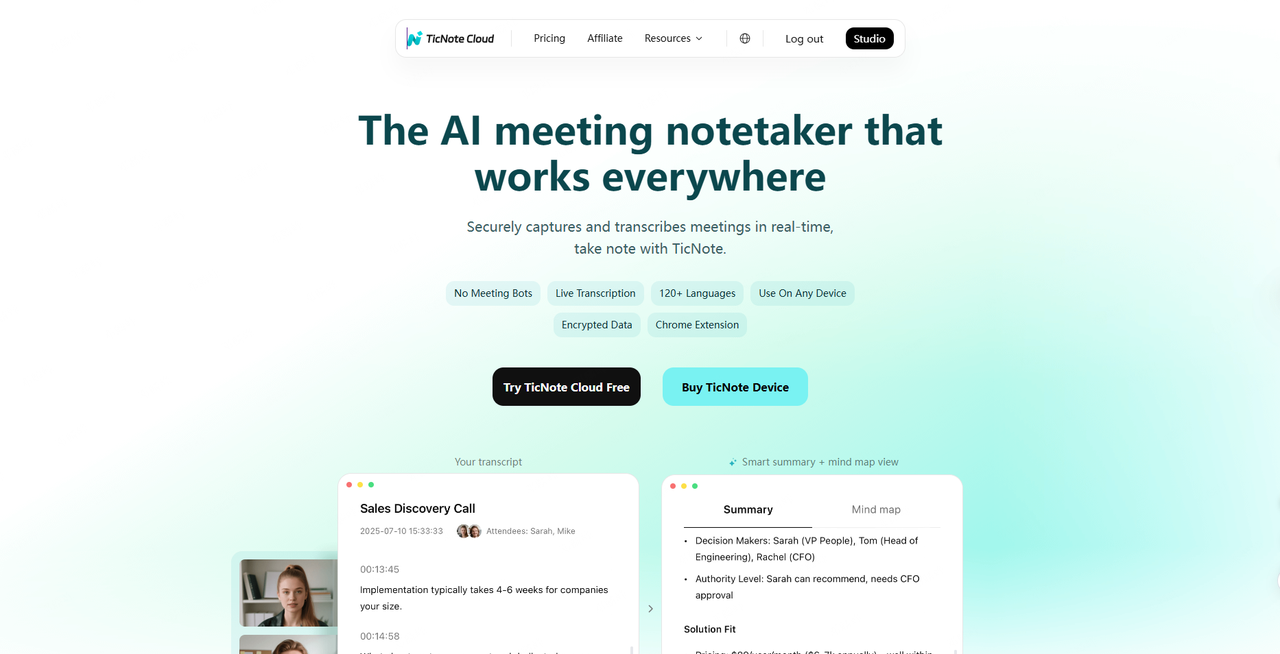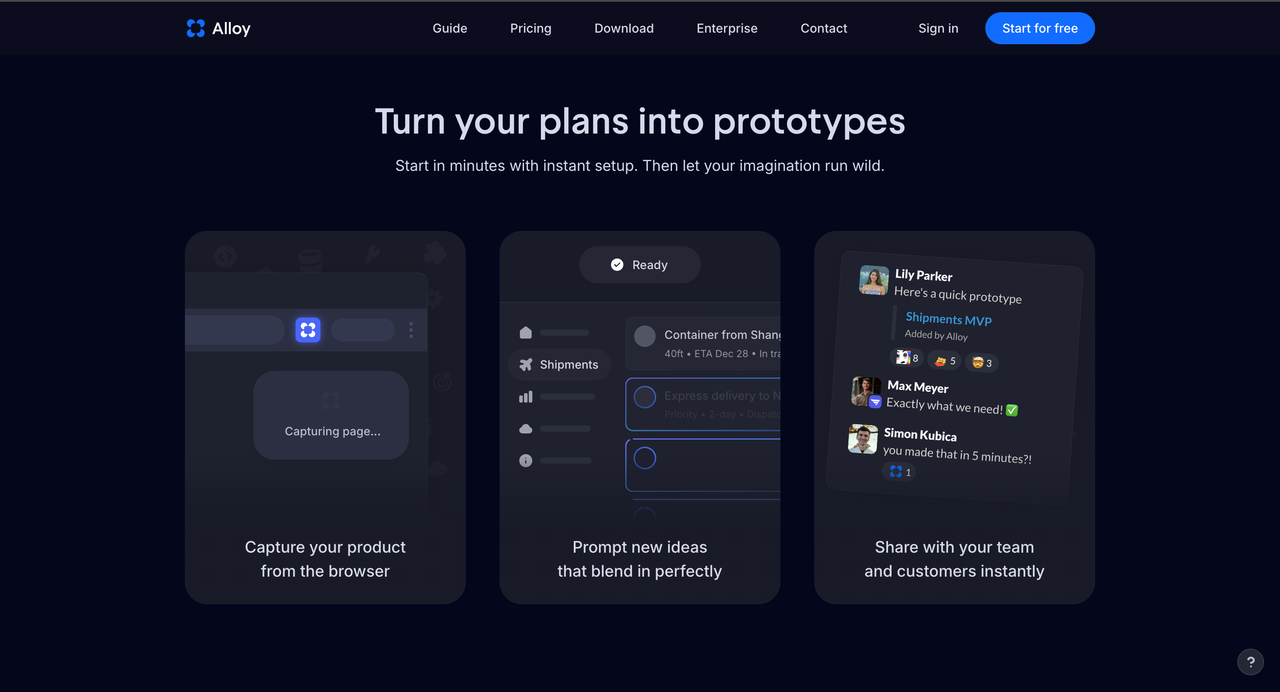AI-Powered Wellness: How Artificial Intelligence Is Helping Us Live Healthier Lives
 Imran Khan
Imran Khan 
Artificial Intelligence (AI) is no longer just the domain of tech companies and data scientists. It's rapidly becoming a trusted partner in the pursuit of healthier, more balanced lives. From personalized nutrition guidance to mental wellness tools that adapt in real time, AI is transforming how we approach our physical, emotional, and mental well-being.
The global wellness industry was valued at over $5.6 trillion in 2023 and is projected to grow steadily through the decade, with AI set to play a critical role in that growth 1. By combining powerful data analysis with intuitive user experiences, AI wellness solutions are making health advice more personal, accessible, and affordable than ever before.
In this guide, we'll explore how AI is changing wellness in five major areas — and how you can start integrating these tools into your daily routine.
1. Personalized Nutrition Guidance
Generic diet plans are a thing of the past. AI-powered nutrition platforms can now analyze your personal data — including weight, age, activity levels, allergies, and even genetic information — to recommend meals and supplements that match your exact needs.
Some systems even integrate real-time health data from wearables, adjusting recommendations on the fly. For example, if your activity tracker detects you burned 500 extra calories during a workout, your nutrition app could suggest a protein-rich dinner to support recovery.
One study published in Nature Medicine found that personalized diets generated by AI algorithms helped participants maintain healthier blood sugar levels compared to standard dietary guidelines 2.
Examples of AI in nutrition:
- Nutrigenomics platforms that tailor diets based on DNA.
- Meal planning apps that learn your preferences over time and automatically generate shopping lists.
- Food recognition AI that scans your plate and instantly calculates nutritional content.
2. Stress Detection and Management
Stress isn't just an emotional state — it's a biological process that can be measured. Wearables equipped with AI can monitor heart rate variability (HRV), skin conductance, and even subtle breathing patterns to detect signs of stress before you consciously feel them.
When elevated stress is detected, AI wellness tools can trigger immediate interventions such as:
- Suggesting a two-minute guided breathing session.
- Playing calming soundscapes tailored to your preferences.
- Recommending a short walk based on your GPS location and local weather.
The beauty of AI here is timing — interventions can happen before stress escalates into fatigue, burnout, or anxiety.
According to the American Psychological Association, early stress management can significantly reduce long-term health risks like cardiovascular disease and depression 3. AI tools make that early detection and response seamless.
3. AI for Sleep Optimization
Sleep is one of the most important pillars of wellness — yet millions struggle to get enough of it. AI-powered sleep solutions can track far more than just when you go to bed and wake up.
Modern AI sleep systems can analyze:
- Sleep stages (REM, deep, light).
- Breathing patterns and potential disruptions.
- Room temperature, noise, and light exposure.
They can then recommend actionable changes, such as adjusting bedtime routines, modifying room conditions, or trying specific relaxation techniques before bed.
Some smart devices even create adaptive sound environments that respond to your movement and breathing during the night, helping you stay in deep sleep longer.
4. Hypnotherapy and Guided Meditation on Demand
One of the most exciting developments in AI wellness is the emergence of AI-powered hypnotherapy and guided meditation tools.
Traditionally, working with a certified hypnotherapist could cost $300 or more per session, and accessibility was limited by geography and scheduling. AI has changed that.
For example, Hypnothera — delivers personalized hypnotherapy sessions on demand, generated in minutes and tailored to your specific needs.
With Hypnothera, you can:
- Generate custom hypnotherapy or guided meditation sessions based on your goals (e.g., stress reduction, sleep improvement, overcoming anxiety).
- Choose from a library of professional voices and languages.
- Access sessions anytime, anywhere — at a fraction of the cost of in-person therapy.
This technology bridges the gap between generic meditation apps and high-cost private therapy. It's a prime example of how AI makes effective mental health support more affordable and widely available.
5. Smart Fitness Coaching
AI-powered fitness coaches can analyze your biometric data, movement patterns, and recovery status to create workouts that are safe, effective, and adaptive.
These systems don't just push you to work harder — they also help you avoid injury by recommending rest days or low-impact exercises when needed.
Some AI fitness platforms use computer vision to provide real-time form correction during exercises. Others adjust your plan weekly based on your performance and progress toward goals.
A 2022 study from the Journal of Medical Internet Research found that adaptive fitness coaching significantly increased exercise adherence compared to static workout plans 4.
6. Accessibility and Affordability
One of the strongest cases for AI in wellness is accessibility. While professional wellness services can be expensive and limited to urban centers, AI tools are available globally, often at a fraction of the cost.
For example:
- AI mental wellness apps cost as little as $5–$20 per month, compared to $100+ per therapy session.
- AI-powered fitness coaching costs less than a single gym class per month.
- AI hypnotherapy tools like Hypnothera provide custom sessions for under $20, which is about 90% cheaper than traditional sessions.
This democratization of wellness is particularly impactful in regions with limited access to in-person healthcare and wellness providers.
7. Ethical Considerations and Data Privacy
With great power comes great responsibility — and AI wellness tools do handle sensitive data. Reputable AI wellness providers implement data encryption, HIPAA compliance, and transparent data usage policies.
Before using an AI health or wellness app, check for:
- Clear privacy policies.
- Option to opt out of data sharing.
- Transparent AI decision-making (how the tool makes recommendations).
The World Health Organization has emphasized the need for ethical frameworks to ensure AI in health is used safely and responsibly 5.
8. How to Choose the Right AI Wellness Tool
When exploring AI wellness tools, consider:
- Your primary goal (e.g., stress management, sleep improvement, nutrition tracking).
- Integration with existing devices (wearables, health apps).
- Content personalization options.
- User reviews and clinical validation.
If you're seeking deep relaxation or behavioral change support, AI hypnotherapy tools like Hypnothera may offer significant benefits. If you want to improve daily fitness habits, AI coaching apps could be the better choice.
Final Thoughts
AI has moved beyond being a buzzword — it's now a practical ally in achieving better health and wellness. By delivering personalized, data-driven, and affordable support, AI tools are helping millions of people manage stress, improve sleep, eat better, and stay active.
The future of wellness is not about replacing human experts, but augmenting them with technology that makes healthy living more accessible to everyone. Whether it's a smart meditation app, a personalized nutrition planner, or AI-powered hypnotherapy, these tools are opening new doors to healthier, happier lives.
Featured Tools
Nectar AI
Dive into immersive roleplay adventures and personalized scenarios tailored exactly to your desires.

TicNote Cloud
From real-time meeting transcription to multilingual summaries and knowledge insights, our AI note taker helps you organize, share, and never miss what matters.

Alloy
Alloy AI Prototyping